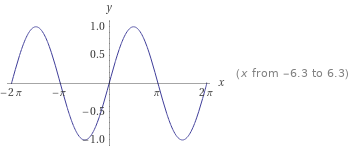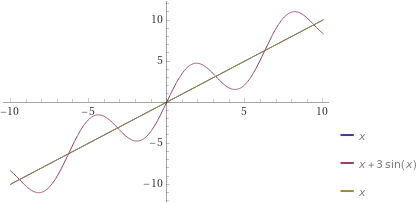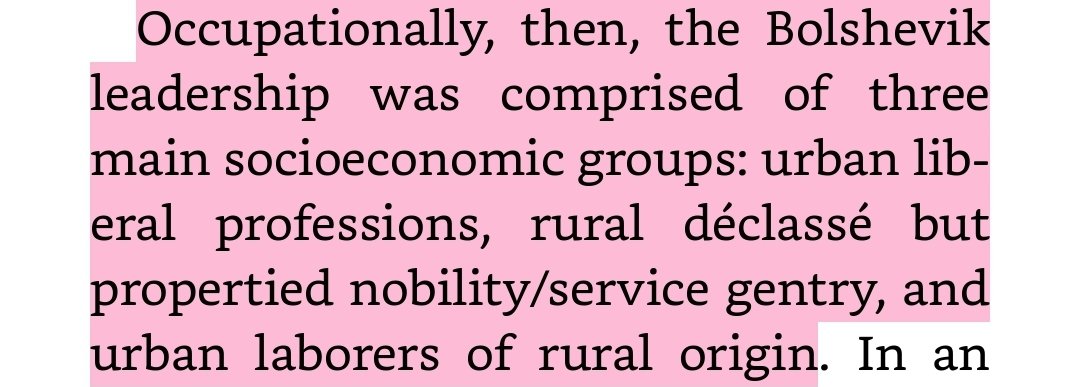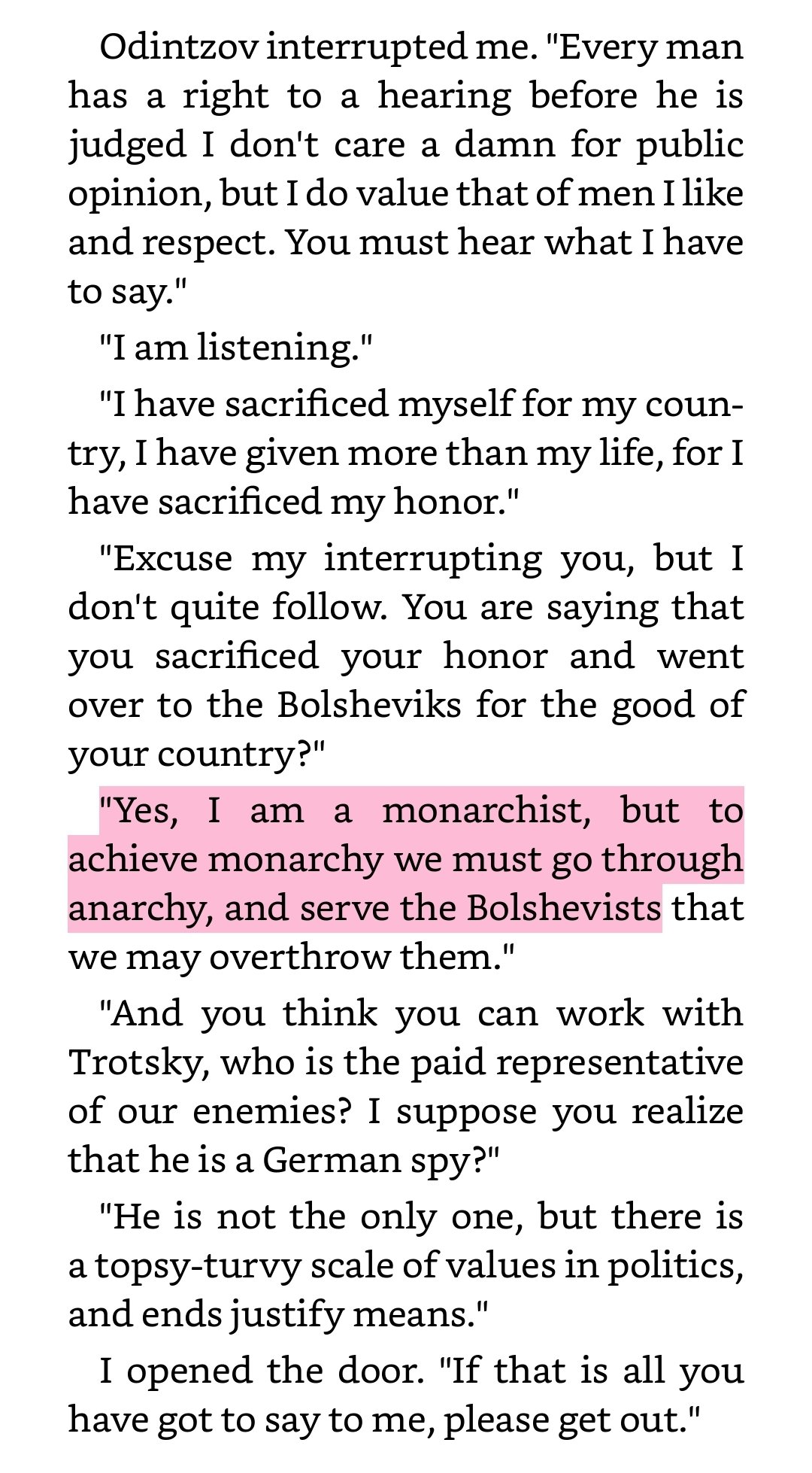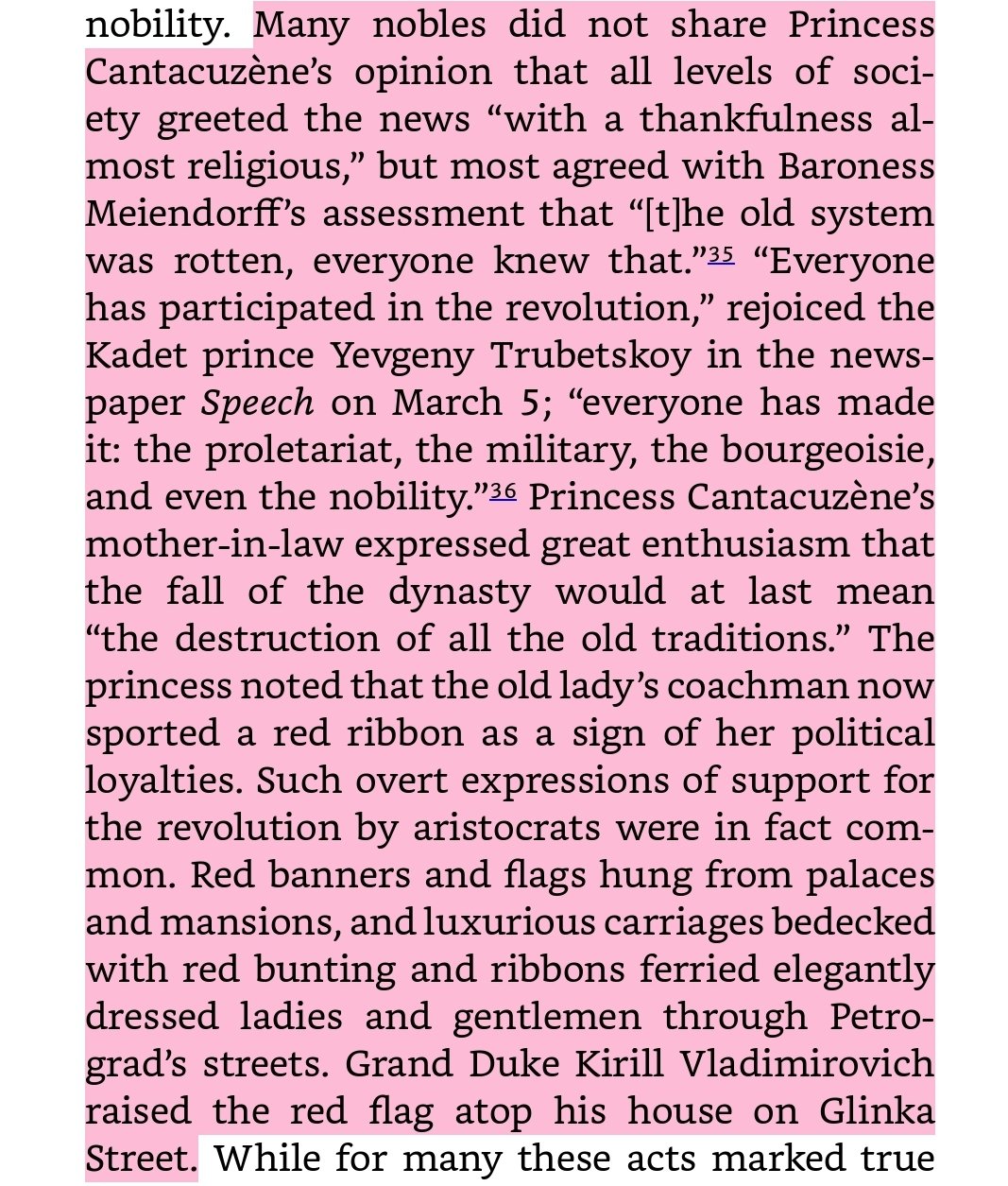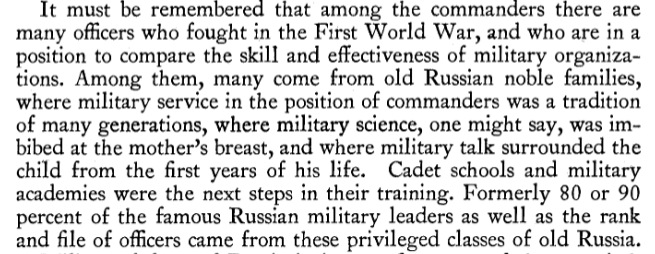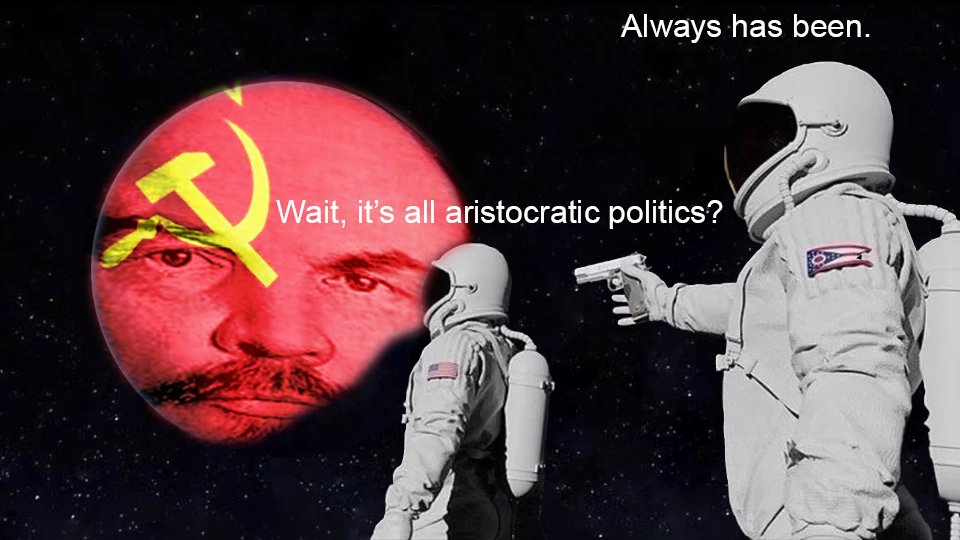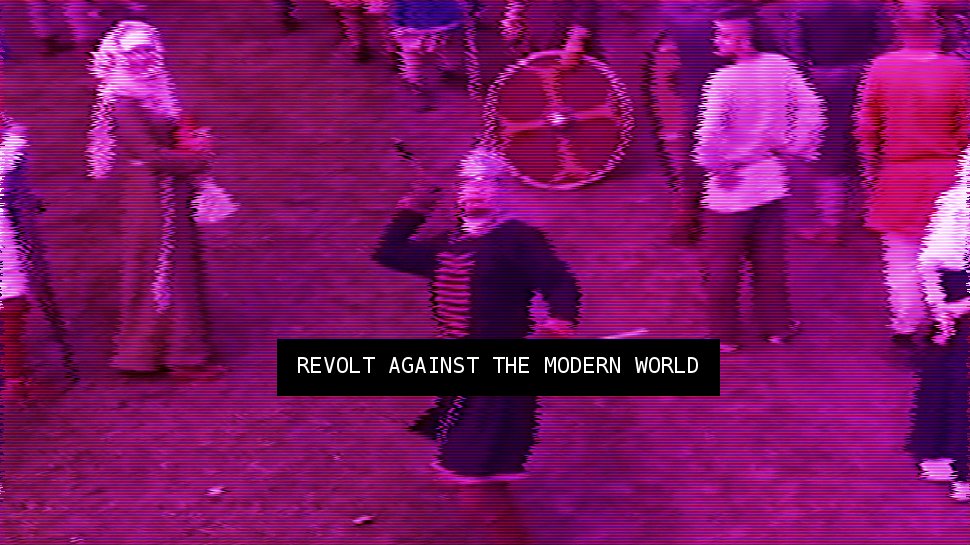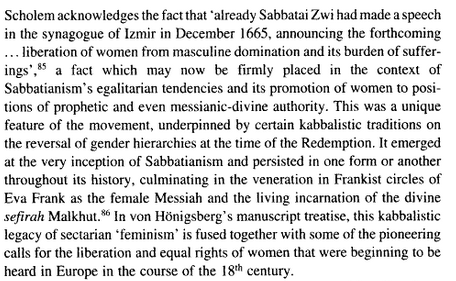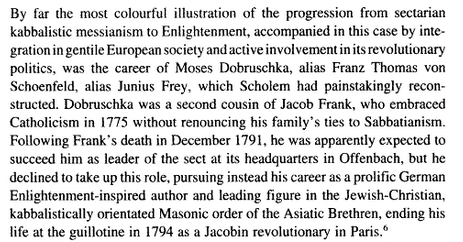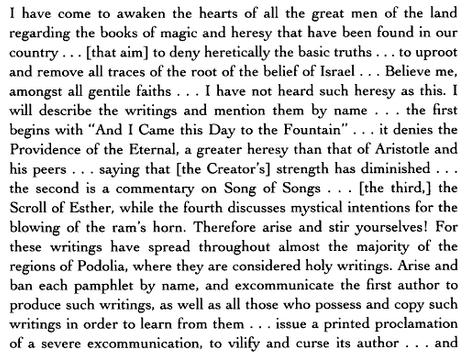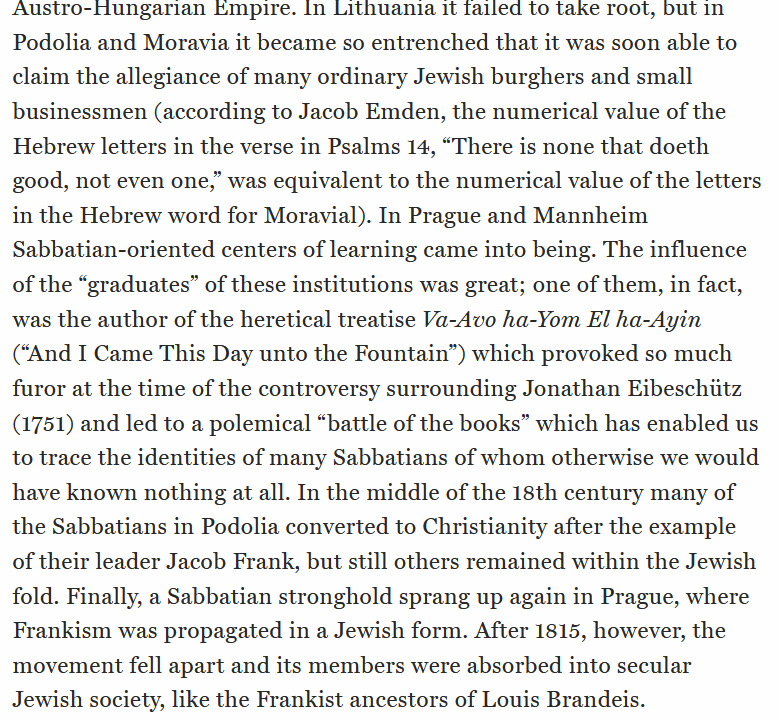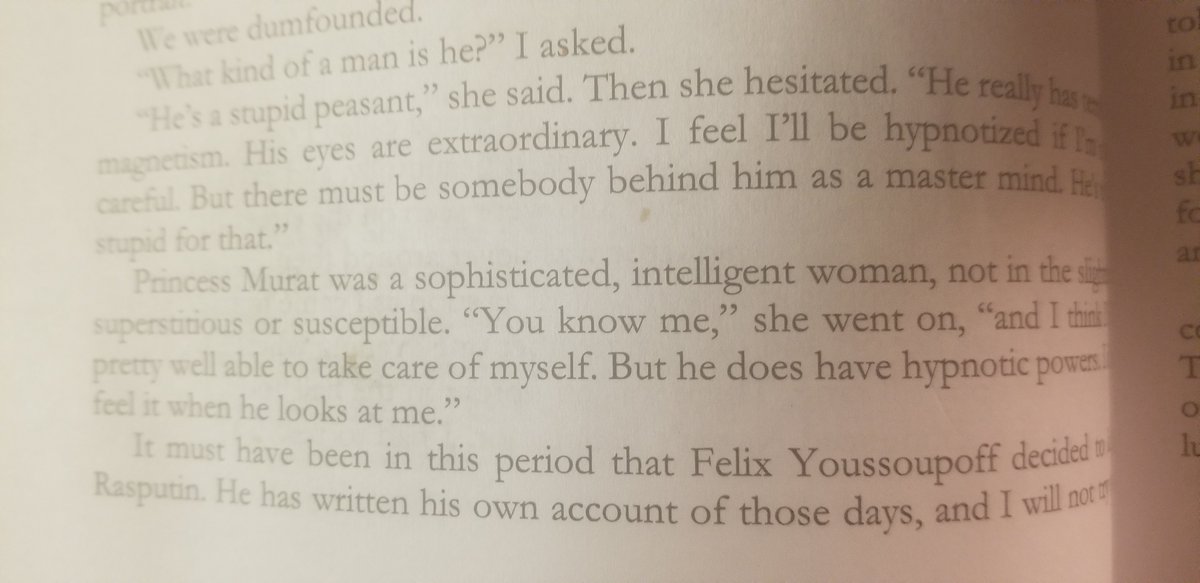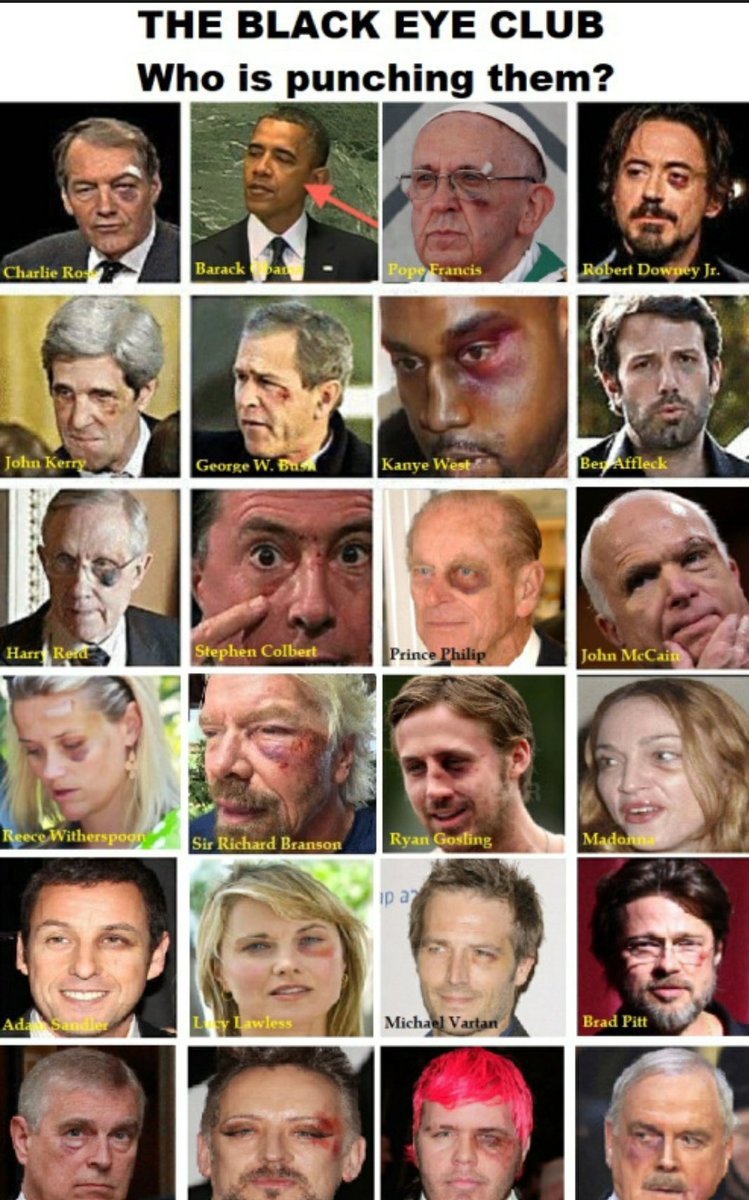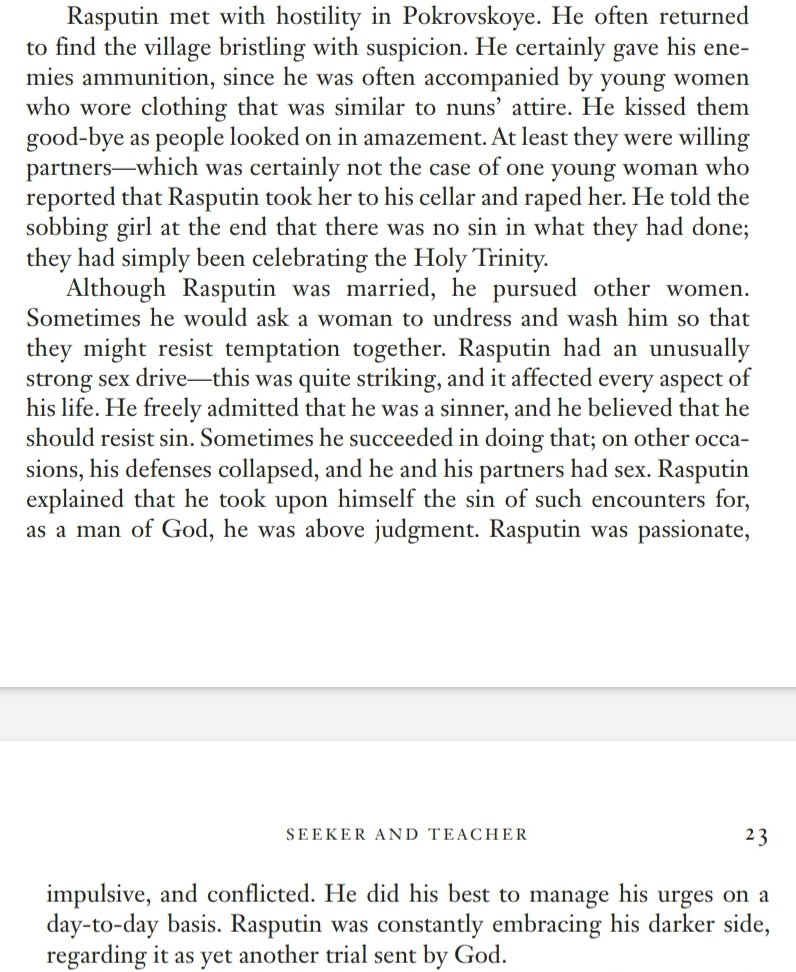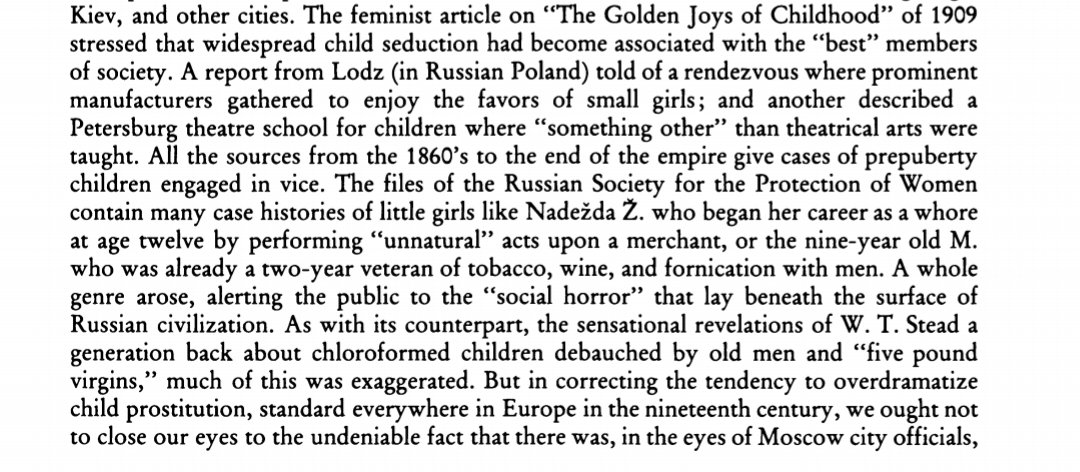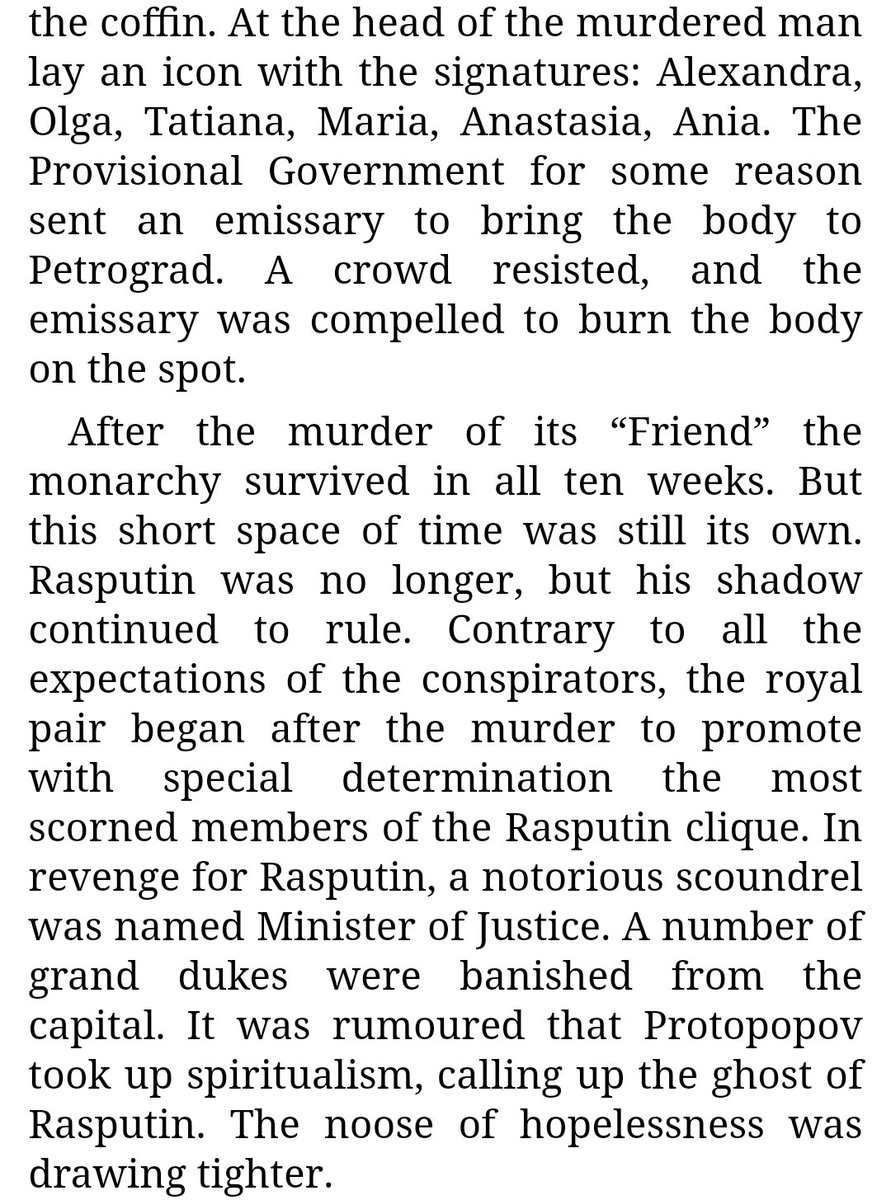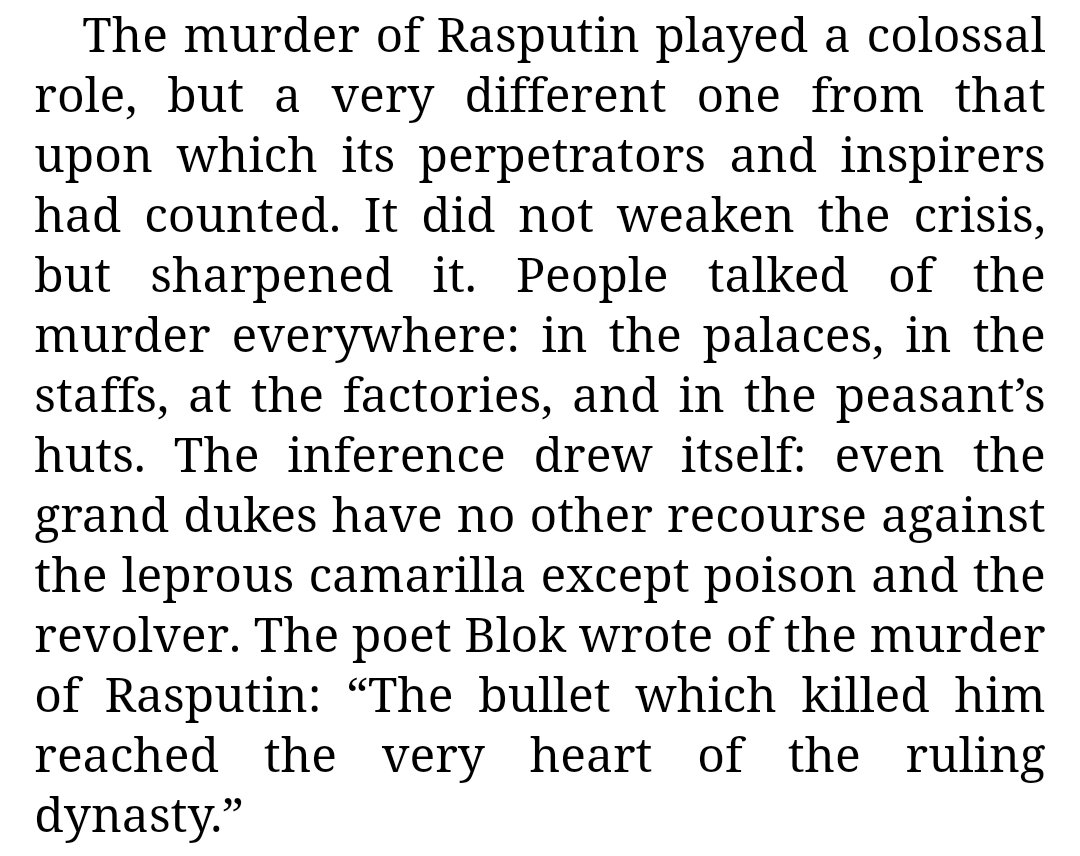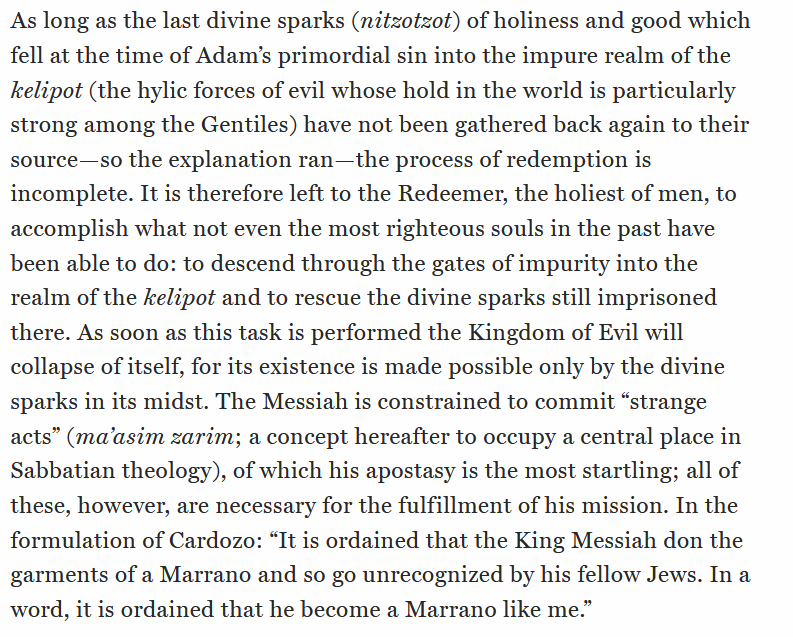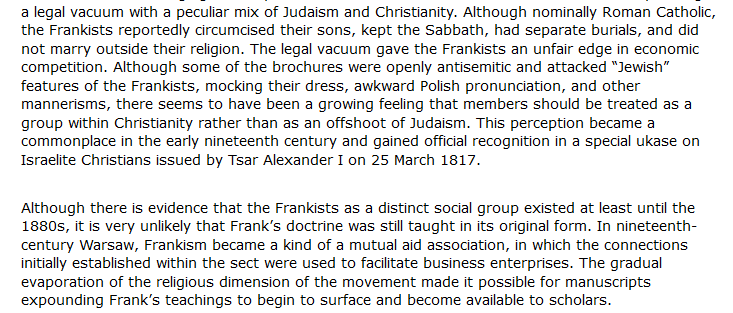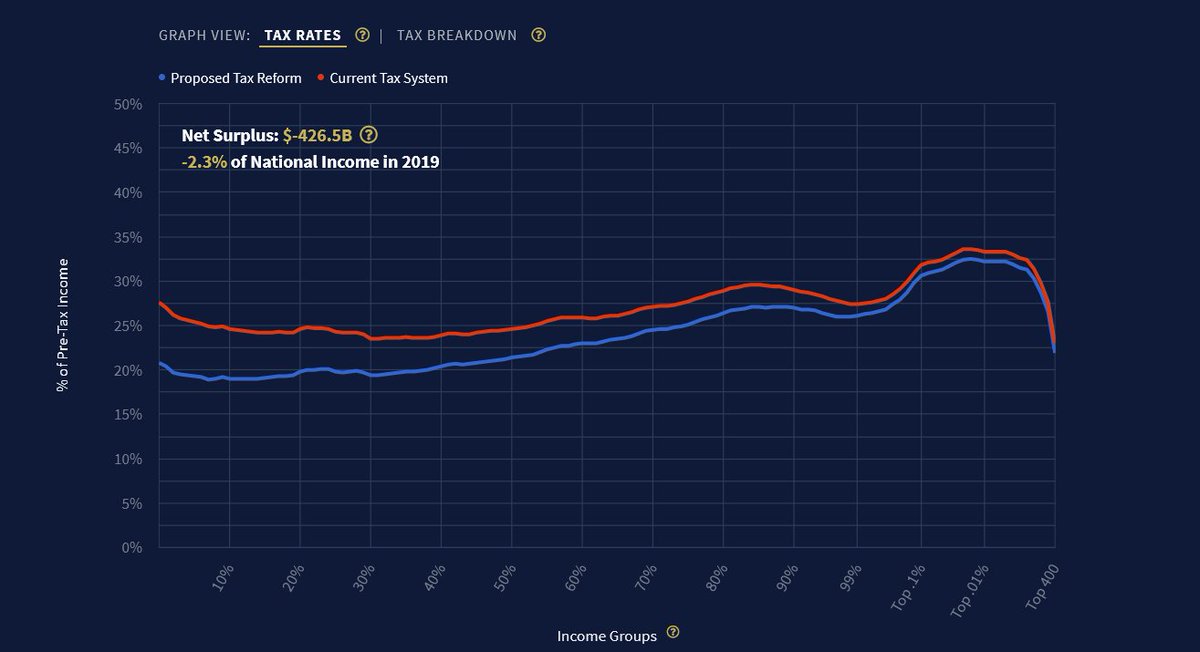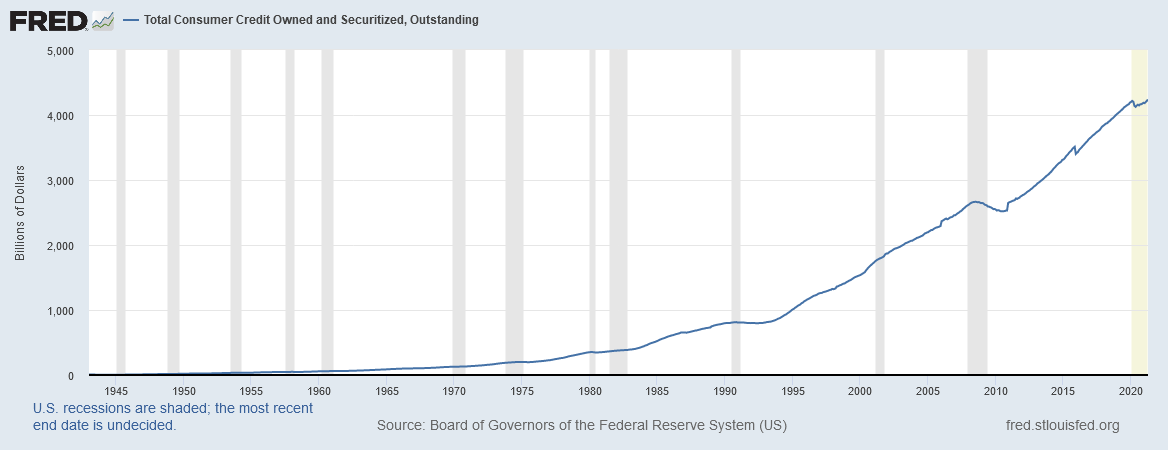Dearest friends,
I was at a Costco. I was also at a different Costco. Both Costcos were Costcos. The forms of the Costcos were substantively the same. 95% of the products were the same, as they sourced from the same regional distribution centers. And yet, despite this, there were clear class differences between the two, apparent not just from the clientele and the neighborhood, but in the internals of the stores themselves. If you took away all the people, you could still tell which would be the higher class Costco. One Costco had a 4.5lb chocolate pie and 6oz cupcakes and a sushi deli counter, and the other Costco had artisanal cheeses. Though both Costcos had a wide variety of steaks, one Costco advertised USDA choice and the other USDA prime. As one more divide, one Costco had employee vests with a message saying “Ask me about Costco”. I leave this one as an exercise for the reader.
I was discussing class with my dear godsister and nonna this morning. My godsister had found an interesting article about someone’s experience with (partial) upward mobility and their discontent about it. In order to facilitate the transition upwards from white trash to PMC/middle class, the journalist’s family instilled strict shaming protocols around white trash behavior like getting drunk and substance abuse. One-above countersignaling behavior is almost always a reliable class indicator because the strict countersignal is usually functional. If you have to worry about falling in with heroin addicts in your community, then signaling about heroin addicts is important and functional to create a divide so you don’t fall into the wrong crowd. But it leashes your status as only one-above what you have to worry about, and reliably, because abandoning that countersignaling would be *extremely costly for you*, as you would fall into heroin abuse, so people two or more levels of class above you can countersignal the countersignal to show they don’t have to worry about the problem. This journalist had distinctly prole physiognomy, but my first glance assessment of her was middle class. Why? Problem glasses. And that led me to an insight.
Some signals are so informationally rich that they overwhelm all the information that led a person up to that point. I will call these absorbing barriers. Wearing problem glasses and having SJW behaviors is an absorbing barrier, because information about what led someone up to that point now has minimal value. We can know that they’re white trash, or we could know they’re failsons from wealthy families, or they could be generationally middle class but underemployed, but their new tribal markers are reliable to signal a complete message about their new state of being and mode of living. Similarly, the alt-girls in Lower Womanhattan may come from a variety of backgrounds, but by putting on that particular style and living in that place and socializing the way they do, they have announced their new way of life is to try and snag one of the young junior bankers in the area and pair off. But I don’t mean to imply the main absorbing barriers are primarily in fashion. Indeed, most aren’t. Going to college is an absorbing barrier. Once you go to Harvard, you are henceforth and forevermore a Harvard graduate, which is your main identity until you pass another absorbing barrier superseding it. People, rightfully, stop caring about what GPA or extracurriculars got you into Harvard. All that information fades into the background. Another important absorbing barrier is your first job, or the first job you get at successively higher tiers of employer prestige. After your first corporate job, you’ll be corporate material for the rest of your life. After working at McKinsey, your Harvard education gets distilled into the larger signal of “McKinsey Man”.
We can divide putative upward mobility into three categories:
1. Lifestyle Branding: This is not upward mobility in any sense, but adjusting your consumption choices differently so as to project a higher socioeconomic status than you do. The Gods hate cheap signals and lifestyle branding basically gets you nothing except from credulous idiots (but there’s enough of those that a few people do get genuinely rich selling Bugatti videos on how to get rich after throwing on a $10,000 suit).
2. Absorbing Barriers, or Partial Upward Mobility: This is the most common type of movement mistaken for true upward mobility. This is where you’ve created a true costly signal by enacting a genuine change in your identity, like going to college or abandoning a provincial accent. However, while it is in the upward direction, it is not a total change of class. Sooner or later, people get reality checked because passing the barrier is not self-sustaining. While a lifestyle brand can be easily walked back by changing your consumption status again, an absorbing barrier is a barrier both ways. Once you cross it, you can’t uncross it again without being harmed.
3. True Class Mobility: True class mobility is distinguished from absorbing barriers because it is self-sustaining. One achieves true class mobility when you are able to sustain your lifestyle at your new class with your new resources and reproduce it for another generation. In short, you are now at a new stable equilibrium. Every class is a stable equilibrium socio-economic tribe. Absorbing barriers tend to be cultural or social shifts that can act as stepping stones towards economic mobility, but economic mobility is the most necessary part of true class mobility. Once you have the economic habitus of your new class, you are almost to the end, and the cultural shifts are mostly useful to enable that shift.
We can illustrate these categories with an imagined Regular Huwyte Man from Middle America.
1. This would be our humble hero considering himself an upwardly mobile elite because he moved to NYC and eats expensive hamburgers at the Shake Shack in Soldman alley. Fake and gay.
2. If our hero moves to New York, gets a job as an investment banking analyst, and then washes out and goes home, he has passed a number of absorbing barriers, but cannot maintain the new classes which he has genuinely experienced in part. This is not true upward mobility, but it is *partial* upward mobility. It’s a failed attempt to strive.
3. If our hero moves to New York, gets a job as an investment banking analyst, exits into another high paying, high prestige job, finds and marries a WASP woman, and has children after retiring to Westeaster County, he has successfully strived and achieved genuine class mobility. Good work, hero.
We can imagine upward mobility as a rocket ship ride to another planet, the Planet of the Aliens Somewhat Richer than Yourself. We must prepare enough supplies to get all the way to the next planet on our home planet, our class of origin. But absorbing barriers, despite not being true class mobility, do represent progress. We can imagine our planet as being encased by several atmospheric layers of thick jelly. These are the absorbing barriers. Because of their thickness and stickiness, you can stop to rest on them along your journey and you won’t lose progress. Once you graduate college, you can take a break and you won’t ungraduate college. But at the same time, you can’t rest too long, because this is not true ground. You are still being pulled back towards earth, and until you reach your new planet, you have no permanent progress. A college graduate who doesn’t use that degree to secure a college job is actually worse off than a non-college prole. They’re not just a barista, they’re a barista with a lot of useless debt and a lot of wasted years. Because passing through an absorbing barrier is the adoption of a costly signal, if you have to return to your class of origin, you have to bear genuine cost. In video game terms, they’re like a checkpoint where your progress is saved, but you still haven’t completed the level. And absorbing barriers obsolete the steps you took to break through the barrier. If we imagine our rocket travelling at a fast speed towards the jelly wall ceiling, then after it passes through, it loses most of its momentum. Anyone not going fast enough to break through hits the jelly ceiling and bounces off, back down to earth. Everyone starts over at more or less the same point after the jelly ceiling. All Harvard graduates are Harvard graduates. All McKinsey Men are McKinsey Men. People can have accrued advantages or disadvantages from their speed when they hit the ceiling, but these become modifiers on your speed rather than the main event, like a +10% or -10%. It’s like a new World of Warcraft expansion releasing. All your epics from the last expansion become slightly better leveling gear for the new content. Your prestige and your achievements may carry over, but the new content runs on new rules by new standards. Or Cookie Clicker or other idle games: there are points where you unlock new powers that make cookies 100x faster. Your old stuff still makes cookies, but being twice as good at the pre-barrier stage only carries over as a 5% advantage for the next stage of competition. Like a rocket, what you did to bust through a barrier is like a rocket booster, and the moment you don’t need it, you should discard it as dead weight, because it’s not going to help you in your next upward climb anymore. America has lots of bilingual and trilingual teenagers, because elite colleges mandate it. America has almost no bilingual and trilingual adults. Keeping multiple languages fresh is hard work indeed, and it stops mattering to your life once you get into your college of choice, because you only needed it to get in, so people ditch it. It’s a spent rocket booster.
People who pass through several absorbing barriers but don’t reach a self-sustaining point of genuine class mobility sooner or later get a reality check. Oops, you can’t consume the culture to which you’re accustomed to without going deep into debt. Oops, you can’t raise kids in the city and have to move back to your hometown. Oops, that college degree is useless without a good job to go with it. Because the change was costly, people end up in a worse position than when they started. To strive out of the ghetto, a ghettoid has to cut off their family, or else their hungry mouths (cousin needs a new TV, brother needs braces, we need mo money for dem programs) will drag them back into the crab bucket and the abyss. What happens if you cut off your family to chase upward mobility and then have to slink back to the ghetto? You’re even worse off than before.
Once you’re committed, there’s no looking back. You have to go all the way. If you cut the thrust halfway through, you’ll burn up on reentry.
We return to the example of our Lower Womanhattanite. Imagine a 7 from Minnesota, a blonde in the top 10% of attractiveness. In order to enroll in the game, she has to move to Lower Womanhattan and rent an apartment there. Once she’s there, she’s on the clock. Every month, $3000 will be deducted from her bank account and she’ll get closer and closer to the wall. If she runs out of time, she has nothing to show for it but a bunch of stories about getting pumped and dumped by a bunch of autistic men named Brad who are a little too good at math. She puts on her war regalia, a nose ring, a tastefully subtle tattoo which can be covered up, and a single streak in her hair. The moment she makes this choice, she has devalued herself to her tribe of origin. She is no longer a debt-free virgin without tattoos. People can, and do, cite all sorts of statistics about people being better and better marriage material the further up you go the socioeconomic ladder. It’s true. It’s also irrelevant. It’s cope. What our heroine is doing is trying to signal availability to a rival socioeconomic tribe, a higher status one. Goth girl brain is a form of striver brain. And it’s a very old brain. It’s the same brain that led French girls to try and marry the invading German officers. And what did the French do? They shaved most of them and hung a few, as examples. You can’t defect from the tribe to a new higher status tribe. You stuck up whore, you think you’re too good for us? You uppity bitch. The actual n-count is fucking irrelevant, man. Actual sluttiness is a different bell curve and rural country girls have plenty of sluts too. But this is a deep disgust instinct. Any tribe that didn’t punish women and humiliate them for trying to leave the tribe to a conquering tribe would have died out a long time ago, because every tribe has been conquered at least once in history. So yeah, fuck that uppity bitch. But you normally let them back in after that. Eggs are expensive and sperm is cheap.
Now you may be wondering why pretty women don’t skip all this and try to maximize their lustful attractiveness as much as possible instead of playing subculture games. It doesn’t have to be alt-girl-fashion, but you do have to play at least one cultural game acceptable to the tribe, like Old Money aesthetic, or Tomboy Archaeologist/Ranger/etc, or Girlboss Executive. Why not just get pretty? Men online like to tell women that all men want is a pretty face and that rich men love to marry waitresses. That’s bullshit. It’s not true. Mating is about mixing genes, and you don’t keep your status generation after generation by breeding with waitresses. But there’s more to it than that.
In the game Cultist Simulator, the goal is to ascend to occult godhood by passing through the Tricuspid Gate. But there is another door, the Wrong Door, the Spider’s Door. And while you can enter the realm of gods through the Wrong Door, you cannot linger. You have a guest pass to eternity. This is what women are doing when they try to move up by focusing on their beauty alone. These are the yacht girls trapped between parties on the Social Club circuit, the lost and the damned. Why are they outcasts? Don’t men only care about beauty? Certainly, every once in a while one of them succeeds. There are plenty of idiots even among the elites and the oligarchs, and they tend to vote Republican! A scant few of them will pair off with a Donald Trump or some kind of megakulak who owns a megadealership, but most are doomed to be the cumrags handed out in the bags of party favors. For one thing, someone like me finds it incredibly disturbing when a model comes up and asks if you and your friend want to spitroast her. But men are horny dogs and some people will still find that to be… marriage material. However, one need only observe the behavior of the wives to see why the yacht girls are doomed. The wives do not like the yacht girls, and not just because they are literally looking to create affairs. If that were the case, the wives would relax when the yacht girls mingled with the young men on the make. But the yacht girls are unwelcome even when they are promoted to a wife, because they’re never acceptable as a “real wife”. Why? Because they didn’t play the game. They didn’t accept the tribal competition. They never did the alt girl thing, they never founded some fucking Airhockey startup. They cheated. It would be like an West African woman’s daughter not circumcising her genitals or a girl from the lip plate tribe not putting in a lip plate or a Chinese woman in certain eras not crushing her feet. Oh, you fucking bitch. You think you can skip the line? We’re going to ostracize you. And that means ostracizing your idiot husband. He doesn’t get to come to the smoky backrooms where deals are done. He can’t attend the dinner parties where the world spins. He’s cut off from the tribe.
And that’s what it is. Class mobility is about changing one tribe for another, where the tribes happen to be approximately hierarchical. A ruling class is also a ruling ethnicity, a clan of clans, a family of families. In all the paths of upward mobility, people are exchanging a combination of cultural signals and intelligence in order to get real economic resources and influence. But you can’t directly show your intelligence. So really, you’re exchanging a combination of signals and signals to get real economic resources. That’s the game, exchanging signals for resources until your resources are enough to secure a self-sustaining wealth pump of some kind. In the past, that was a landed estate, and today it’s a white shoe job, and tomorrow it may be a GPU farm, but the concept has not changed as long as there are humans. Autistics and sociopaths are often better at this because they have to construct their social matrix from zero, whereas most neurotypicals just imprint on their tribe of origin and that’s that. And nobody can ever signal their new tribe as well as if they were born in it because there’s a billion subtle things that can’t be aped except by being immersed in it. The signals are a sign of showing your commitment to your new tribe.
And this answers the mystery of why social mobility is constant over time. If we study our NRx canon and read The Son Also Rises, we find that class is hereditary at .8 in Europe and Northeast Asia. Astonishing! But what’s more astonishing is that this mobility rate has not changed for hundreds and hundreds of years. Why? Across that time, we’ve seen the rise and fall of feudalism, liberalism, Communist revolutions, civil wars, technology – and it keeps chugging along. Part of that is IQ. IQ is hereditary at 0.65 or so, so we should expect this to be the absolute maximum level of class mobility, for class mobility to have 0.65 heredity. Smart aristocrats have smart aristocrat kids. But why has it not moved at all, despite vast institutional changes? Because all our attempts to change mobility do nothing about what mobility actually is. Mobility is allowing people to exchange signals for resources. Our attempts to increase class mobility are nothing more than making signals cheaper and more accessible. The prime example is college. College used to be a ticket straight into the elite, now it’s a gold star you stamp on your resume just to get into the door of an unpaid internship. That’s because signals are only valuable insofar as they are both rare and costly. A signal that is not rare and not costly is worthless, which is why lifestyle branding is pointless and people who signal their spiritual aristocracy by eating at Shake Shack and living in a city writing a blog do not move a single inch on the Great Class Ladder.
What class mobility is is a market. The supply of class mobility is however many slots in a higher class organically open up through failure to reproduce and downward mobility. The demand for class mobility is how many strivers want to move up. Every striver is every other striver’s competition. And the price? The price is signals. The more people want to strive, the more you need people to pay more in terms of signaling. The winners of the competition are the high bidders, more or less, just like a regular market. What liberalism and meritocracy did was not permit more class mobility. Class mobility isn’t a coup complete program, it’s a jihad complete program, because the amount of class mobility is the amount of slots that open up each generation, which is a product of how an ethnicity lives and breeds and expels unworthy talent from its tribe. Instead, these reforms made it cheaper to signal, which made the signals less rare and less valuable, which meant that people had to spend more resources to create more signaling currency to outbid their rival strivers, while simultaneously vastly increasing the pool of strivers. After the French Revolution, every fuck in your whole country could try to strive and become an aristocrat, and after globalization, the whole world could gun for your spot, theoretically. Humans are evolved for inefficient, localized status competitions. We want to compete with our monkeysphere. People are going insane.
So what can be done? If reforms aren’t about increasing class mobility, what are they about? Well, competition is good in that it creates more of what you compete over. Intensified signaling spirals create more of whatever good is incidentally created in the signaling spiral. The post-French Revolution period was immensely good for science and technology. Aristocrats around the world have convergently evolved to loving ideas as a signal of high status, because having complex, interesting ideas is a good way to convey intelligence, which keeps your tribe full of smart people, which keeps you on top. You’ll notice that most of the men who countersignal smart wives and focus on beauty are proles. Proles stay proles. Once the signaling spiral was let loose, you had to make as many ideas as you could to stay on top, which meant science went ballistic. But we don’t value genuine knowledge anymore, for many reasons.
So why strive at all, if it’s so fraught and if failing has real consequences? Because Man is not content with his lot. Because the mark of an ambitious soul is to peer out past the foggy crests of the mountains and wonder what lies beyond, to look at the setting sun and want to chase it into the strange unknown, to see a throne and imagine yourself atop it. To never settle, but with a restless murmur, carry on, towards an unimagined and unimaginable infinite.
Though I’ve flown one hundred thousand miles, feeling very still,
Monsieur le Baron
PS: The Costco with the “Ask me about Costco” vests was the wealthier. If you got it wrong, check your gut instincts.
